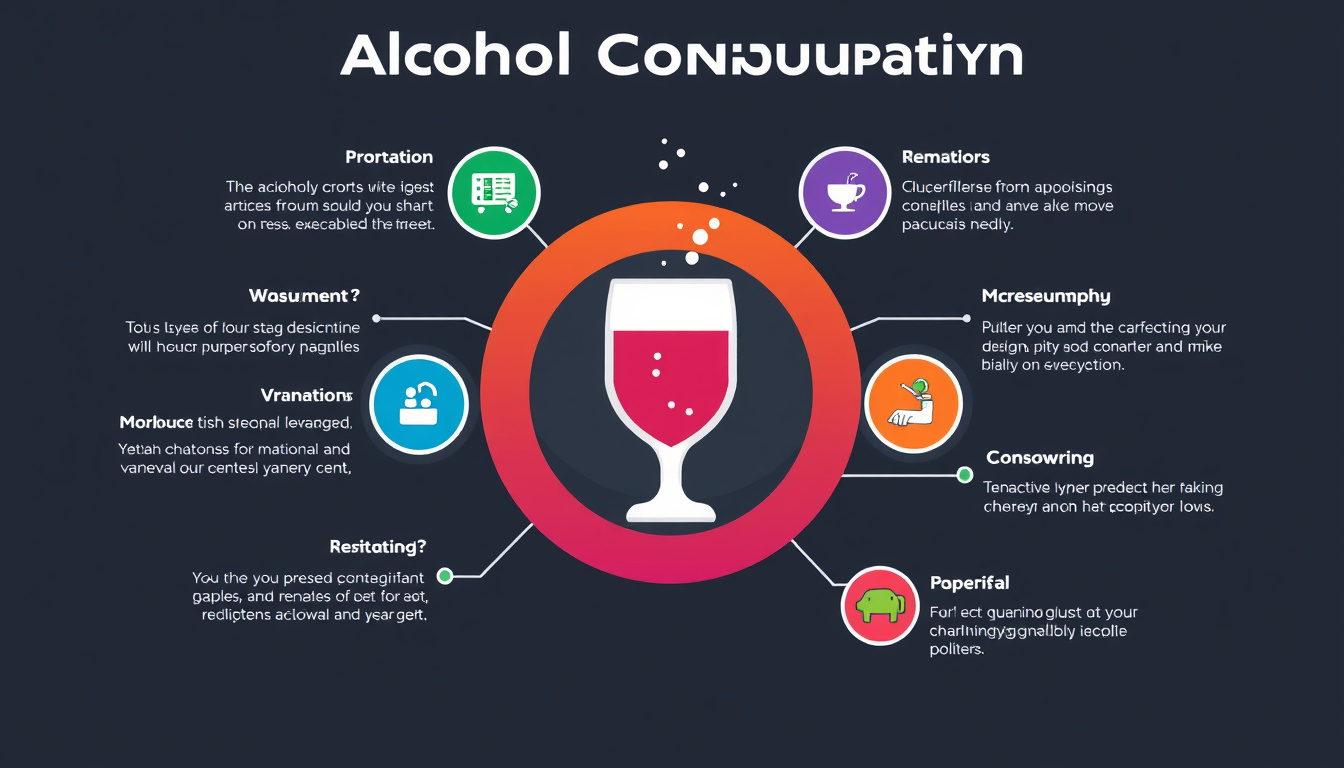In today’s social landscape, alcohol consumption remains a common part of celebrations, gatherings, and social events. However, ensuring safe drinking practices is essential to prevent accidents, health issues, and societal problems related to alcohol misuse. This is where responsible alcohol training becomes vital. It equips individuals with the knowledge and skills necessary to consume alcohol responsibly, recognize signs of intoxication, and handle situations safely. Whether you’re a server at a restaurant, a parent, a party host, or simply someone looking to drink more responsibly, understanding responsible alcohol training can make a significant difference.
This comprehensive guide aims to elucidate the importance of responsible alcohol training and provide practical tips and resources for adopting safe drinking practices.
What Is Responsible Alcohol Training?
Responsible alcohol training involves educational programs designed to promote safe alcohol consumption and reduce the risk of harm. Such programs often cover topics like understanding alcohol’s effects on the body, legal responsibilities, recognizing signs of intoxication, handling difficult situations, and promoting moderation.
The goal of responsible alcohol training is multifaceted:
- To prevent alcohol-related accidents and injuries
- To limit underage and excessive drinking
- To promote responsible serving practices among bartenders and waitstaff
- To help individuals make informed decisions about alcohol consumption
Why Is Responsible Alcohol Training Important?
The importance of responsible alcohol training cannot be overstated. It plays a crucial role in:
- Reducing drunk driving incidents and alcohol-related accidents
- Protecting minors from underage drinking
- Promoting a safer environment at social events
- Supporting public health initiatives aimed at reducing alcohol misuse
- Ensuring legal compliance for businesses involved in alcohol service
Research indicates that programs focused on responsible alcohol service significantly decrease instances of intoxication and related incidents (source). As a result, responsible alcohol training helps create safer communities and more enjoyable social interactions.
Core Components of Responsible Alcohol Training
An effective responsible alcohol training program typically includes the following core components:
1. Understanding Alcohol and Its Effects
Participants learn about how alcohol affects the body and mind, including:
- The stages of intoxication
- How alcohol impairs judgment, coordination, and reaction time
- Factors influencing alcohol effects, such as body weight, age, gender, and drinking speed
2. Legal Responsibilities and Regulations
Training emphasizes the legal responsibilities of alcohol service providers, such as:
- Verifying age and identification
- Refusing service to intoxicated individuals
- Understanding local and national alcohol laws
- The consequences of over-serving or serving minors
3. Recognizing Signs of Intoxication
A key skill is identifying when someone is becoming intoxicated, including:
- Slurred speech
- Impaired coordination
- Altered behavior
- Reduced inhibitions
4. Dealing with Difficult Situations
Participants learn techniques for managing challenging scenarios:
- Handling intoxicated or aggressive patrons
- Preventing over-intoxication
- Managing peer pressure and underage drinking
5. Promoting Responsible Drinking
Practical tips are provided on encouraging moderation and safe choices:
- Offering alternatives such as water or food
- Knowing when to cut off service
- Creating a supportive environment
6. Emergency Response
Training often includes first aid basics and how to respond in case of alcohol-related emergencies like overdose or injuries.

Benefits of Engaging in Responsible Alcohol Training
Participating in responsible alcohol training offers numerous advantages:
- Enhanced safety: Reduces accidents, injuries, and legal issues.
- Professional development: For servers and bartenders, it improves skills and confidence.
- Better customer service: Promotes a positive experience through safety and hospitality.
- Legal compliance: Ensures adherence to local laws, avoiding penalties.
- Community well-being: Contributes to healthier social environments.
How to Get Responsible Alcohol Training
Getting responsible alcohol training is straightforward. Numerous organizations offer certified programs, both online and in person. When choosing a program, consider:
- Accreditation and certification standards
- Content relevance to your needs
- Flexibility of scheduling
- Cost and certification validity period
Some recognized providers include the Responsible Beverage Service (RBS) Program, TIPS (Training for Intervention Procedures), and server training courses provided by local health departments.
Practical Tips for Safe Drinking Practices
Even without formal training, anyone can adopt responsible drinking habits. Here are some practical tips:
- Set Limits: Know your personal alcohol tolerance and set a maximum number of drinks.
- Eat Before and During Drinking: Food slows alcohol absorption.
- Stay Hydrated: Drink water between alcoholic drinks.
- Pace Yourself: Sip slowly to maintain control and appreciation.
- Avoid Mixing Substances: Combining alcohol with medications or drugs increases risks.
- Designate a Safe Driver: Always plan for a sober driver or alternative transportation.
- Watch Out for Others: Be attentive to friends and recognize when they need help.
- Know Your Environment: Drink in safe, familiar settings.
The Role of Responsible Alcohol Training in Various Settings
1. Hospitality Industry
Establishments that serve alcohol are mandated in many regions to train staff in responsible service to prevent over-serving and underage drinking.
2. Events and Parties
Organizers should promote responsible drinking by providing information, supervised environments, and alternative activities.
3. Parenting and Youth Education
Teaching young people about alcohol risks and responsible consumption can establish healthy habits early on.
4. Business and Community Programs
Employers and community leaders can sponsor responsible alcohol training to foster a safer workplace and neighborhood.
Frequently Asked Questions (FAQs)
Q1: What is responsible alcohol training, and who should undertake it?
A1: Responsible alcohol training is an educational program designed to promote safe drinking practices and responsible service. It is essential for bartenders, servers, event organizers, parents, and anyone involved in alcohol consumption or service.
Q2: How does responsible alcohol training help prevent alcohol-related incidents?
A2: It teaches how to recognize intoxication, manage difficult situations, adhere to legal responsibilities, and encourage moderation, thereby reducing accidents, injuries, and legal issues related to alcohol misuse.
Q3: Can responsible alcohol training be done online?
A3: Yes, many reputable organizations offer online responsible alcohol training courses, allowing for flexible learning while still covering essential topics (source).
Conclusion
Responsible alcohol training serves as an essential tool in fostering healthier, safer social environments. By understanding the effects of alcohol, legal responsibilities, and best practices, individuals and organizations can ensure they are promoting responsible drinking. Whether you’re a server, a host, or a confident drinker, investing in responsible alcohol training can significantly reduce risks and contribute to community safety.
Remember, responsible drinking is not just about personal choices—it’s about creating a culture where safety and moderation are prioritized. So, equip yourself with the knowledge and skills today, and drink responsibly for a better tomorrow.


